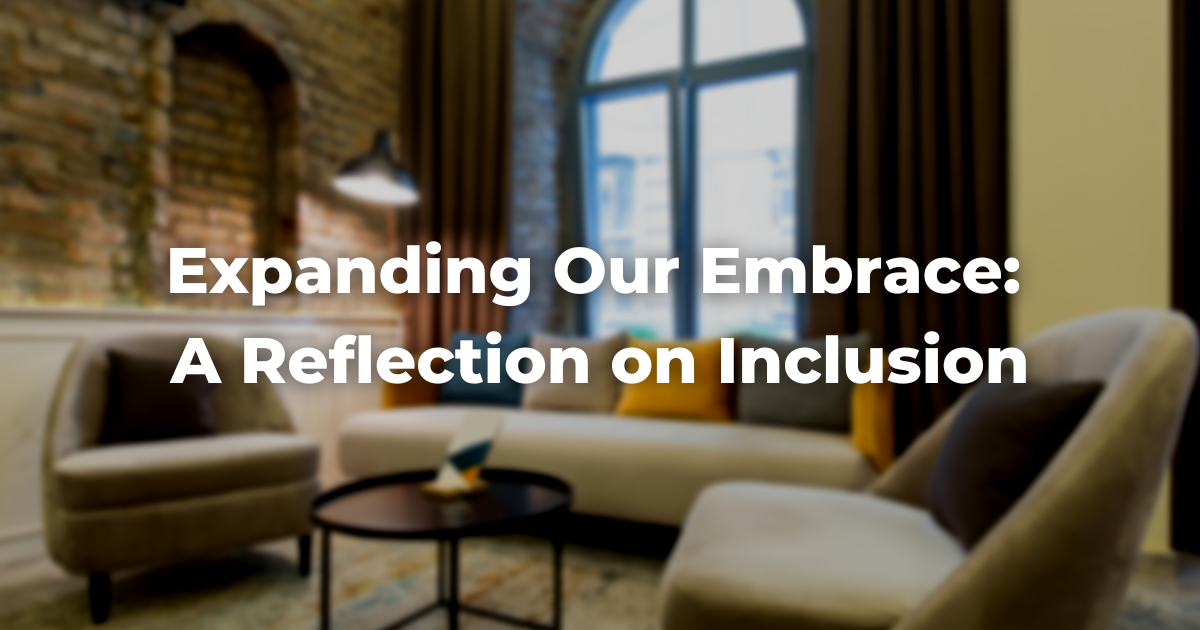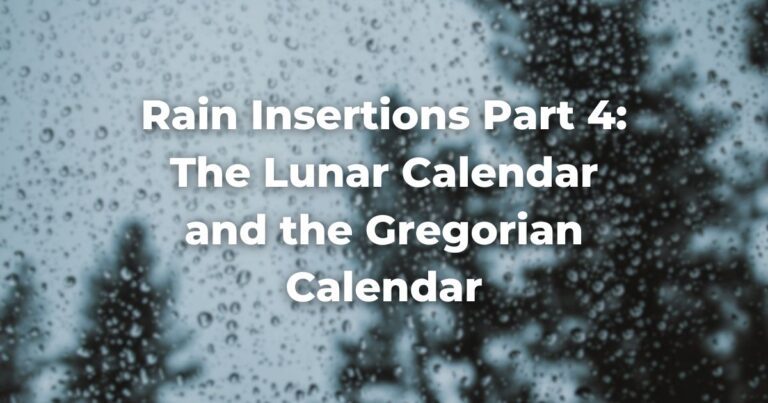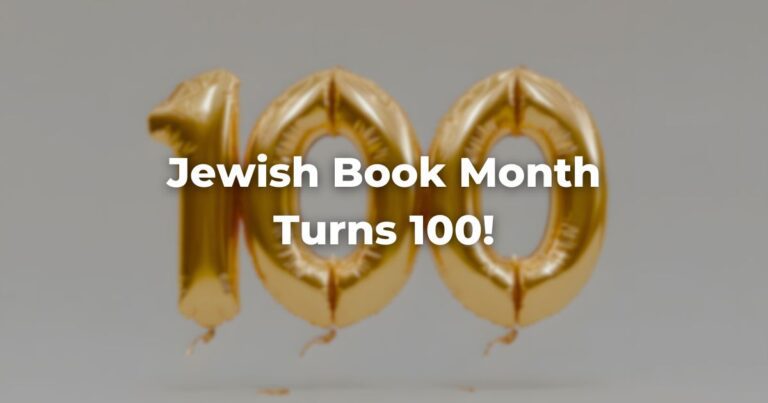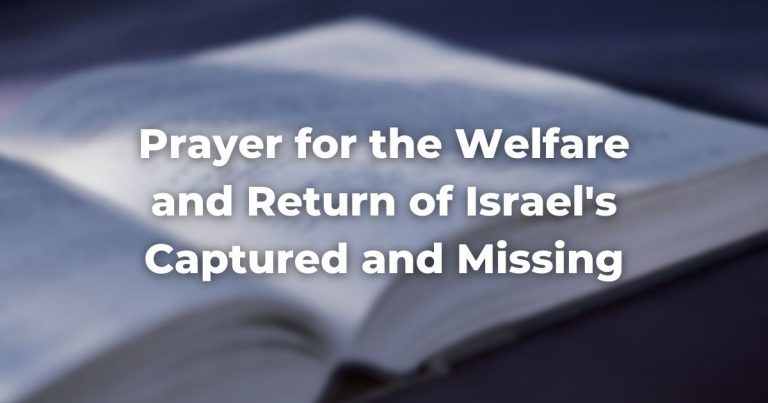Growing up, we were part of a Reform congregation that I would identify as a Reform-ative congregation; very traditional in its leanings but certainly not Conservative. As a young growing family moving back to the suburbs, we were looking for a new synagogue to call our Jewish home. The Reform congregations were not traditional enough for us, so we joined a small Conservative synagogue. Our Conservative circle of friends soon began to expand, and our journey to a more observant life did as well.
Unfortunately, there have been situations where it was wrongly assumed we had the same level of Jewish knowledge and competency as everyone else in the room.
It never felt intentional, just thoughtless.
There were very few transliterated prayers in our siddurim, infrequent calling of page numbers at services, and day-to-day references to Hebrew words, phrases, and Halakha that were not known to all. (Halakha, for example, is a word I did not know)
The story of the spies sent by Moses in the Book of Numbers gives us some relevant insight.
It tells the story of the spies sent by Moses to survey the land of Canaan in preparation for its conquest. Moses chose twelve men to do the surveying, one from each tribe. Their mission was to go throughout Canaan and find out how the Canaanites acted, how large the population was, how strong their defenses were, and whether it was good land for farming.
The spies came back and gave two very different reports to the people. Clearly, the spies did not see the same thing. Like the conflicting reports in the story, we cannot always recognize or fully understand what we can’t comprehend or what we are fearful of.
Historically, inclusion embraced people with physical differences. Today we have a much broader definition that includes physical, mental, interfaith, race, color, and LGBTQ.
For my personal situation, I would like it to include inter-movement differences. Growing up in a Reform congregation and now a very active member of a Conservative synagogue and community, it is not uncommon for me to feel like an outsider.
A couple of years back, my sister and I met to say Kaddish for my dad at a Conservative synagogue halfway between our homes. The congregation used the ArtScroll, an Orthodox weekday prayer book. It didn’t include a transliteration of the Mourners Kaddish; not even glued to an inside cover.
As an adult Bat Mitzvah who has studied Hebrew for four years, for me, it was fine, but for my sister, it was less than a welcoming or inclusive experience. Did anyone realize that other than myself? Probably not. Would we ever go back there? No.
I couldn’t shake the feeling that my Jewish community had let my sister down because she left feeling she was somehow inadequate because she could not read Hebrew. Like my sister, the ten years before I began my studying were filled with shame and the fear of being found out.
Jewish tradition teaches us of our obligation to ensure equal access for all people and help facilitate individuals’ full participation in religious and public life.
In Pirkei Avot 2:5, we are taught, “Do not separate yourself from the community.” Accordingly, we must prevent anyone from being separated against their will. Furthermore, in Leviticus 19:14 we are commanded, “You shall not insult the deaf, or place a stumbling block before the blind.”
Stumbling blocks come in many forms, from less-than-accessible buildings, certain assumptions of knowledge, prayer books without transliterations, and many other ways. We are obligated to do the self-reflection and work required to remove these stumbling blocks. Judaism cares deeply for the rights and the well-being of everyone.
Using language from Rabbi Mike Uram’s book Next Generation Judaism: “empowerment” Jews (those with a long Jewish resume) and “engagement” Jews (those with less Jewish background and connection), can work together to create a more diverse, inclusive, and engaged community where everyone can seek, and find, meaning together. That idea is amplified in USCJ’s tagline “Seek Meaning Together.”
As the Conservative Movement continues in its pursuit to be a more inclusive community, I hope that my personal story imparts some insights into a less than traditional story. It is impossible to walk in someone else’s shoes, and in the case of the spies, we learned that we have our own frame of reference that colors what we see.
Ten of those spies were intimidated by what they saw, so much so that they let it paralyze them and keep them from crossing into Israel. Sometimes Hebrew and the Jewish tradition can intimidate us, depending on how a community presents it or teaches it.
So as Conservative Jews, we must be sensitive to this reality. We don’t want anyone thinking our beautiful tradition is inaccessible so that someone like my sister will always feel comfortable and included.
Author
-
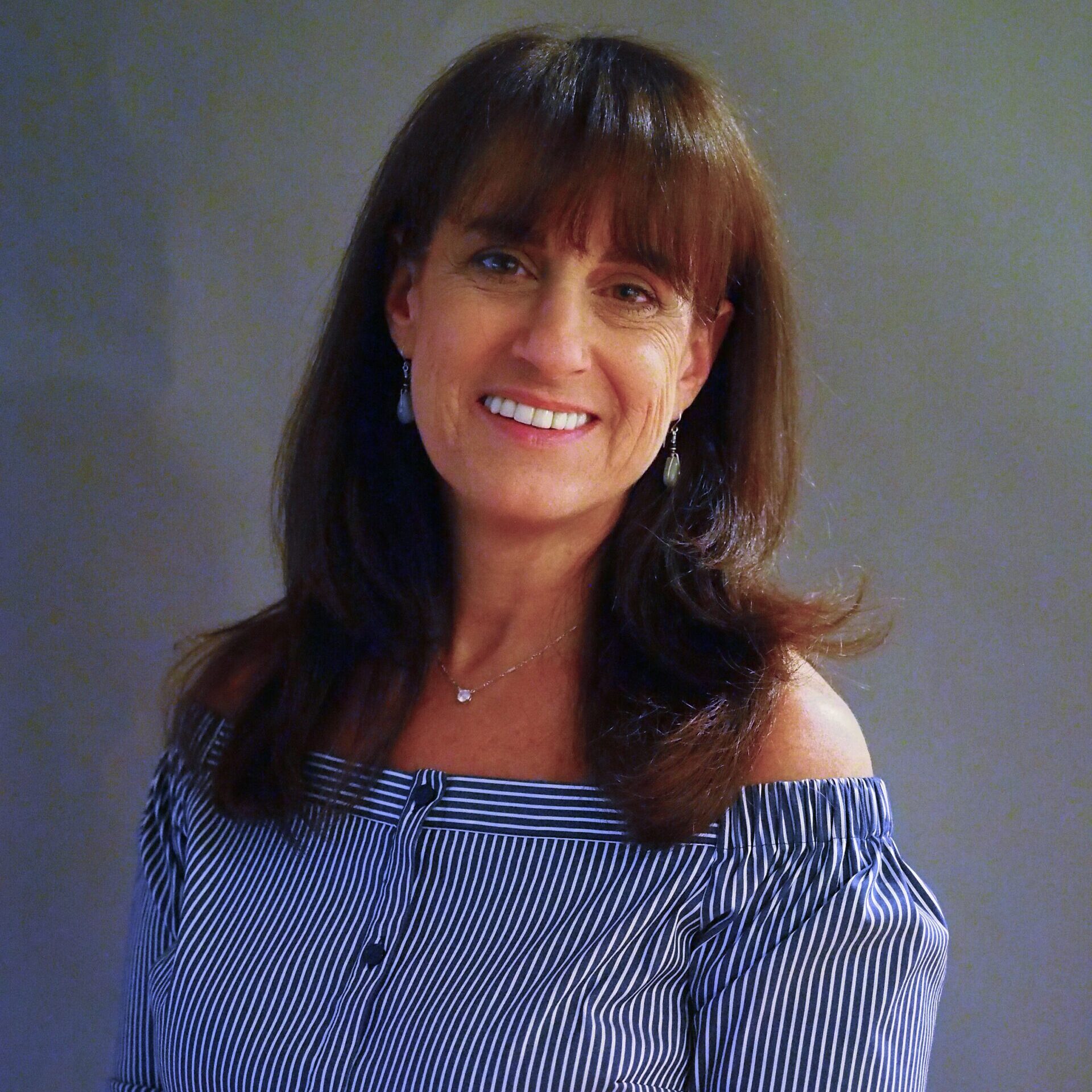
"Linda is the Synagogue Consultant for the METNY District of USCJ. In her role she cultivates relationships with synagogue leadership and works with them to provide USCJ resources and leadership development.
To connect with Linda on social media please follow her on Facebook at linda.sussman.14 or @METNYUSCJ; Twitter @Linda_Sussman or @METNYuscj and on Instagram @linda.a.sussman or @metny_uscj."
View all posts

